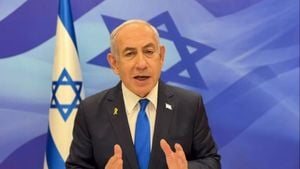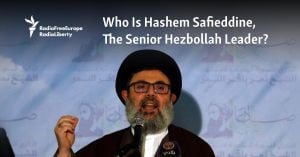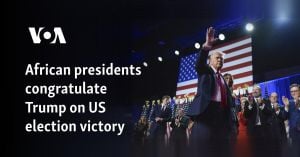Mozambique, a country with turmoil bubbling beneath the surface, has found itself once again engulfed by unrest following the recent presidential elections held on October 9, 2024. The ruling party, the Front for the Liberation of Mozambique (Frelimo), which has maintained power since the country's independence from Portugal in 1975, extended its grip for yet another term. This electoral outcome has ignited widespread protests across the nation, particularly in its capital, Maputo, resulting in violent confrontations with security forces.
The official results of the election declared Daniel Chapo, the Frelimo candidate, as the victor, reportedly securing 71% of the vote. Meanwhile, opposition leader Venâncio Mondlane, who garnered 20%, vehemently claims he actually won the election and has decried the results as fraudulent. Protests erupted almost immediately after the election results were announced, with opposition supporters taking to the streets to voice their anger. The tensions have only escalated, pushing Mozambique to what many describe as one of the most perilous moments since its civil war ended decades ago.
On November 7, 2024, the scene outside the presidential palace could have easily been mistaken for battle lines. Protesters filled the streets of Maputo, some showing their resolve by setting fires and barricading roads, leading to heavy police responses including the use of tear gas, rubber bullets, and even live ammunition. According to reports, at least five casualties were confirmed on this day, with rights groups estimating the total death toll since the unrest began to be well over fifty. The police, facing fierce resistance, claimed to have acted out of necessity to restore order.
Alcinda de Abreu, speaking on behalf of Frelimo, threatened legal actions, asserting the opposition's calls for protests and occupation of political spaces amounted to attempted coups. “When we see calls for violence, insubordination and insurrection, this is not democracy,” she stated. The party described the protests, which have drawn thousands of participants, as incitements to violence against the government, which they believe has democratically retained its authority.
Mondlane has called for sustained demonstrations, declaring Thursday, November 7, as the "day of liberation" for Mozambique, reiteratively promising resistance against the ruling party. Amidst this, Mondlane himself has taken refuge, fearing for his life after two senior opposition figures were brutally murdered weeks prior. He has since condemned the violence against his supporters and called attention to the distressing climate of fear permeated by the government through retaliatory violence.
Economic ramifications of the unrest have also begun to surface. Operations at the Maputo seaport were suspended, drawing concern from investors as the country faced economic instability. Mozambican government bonds dipped following the unrest, with international markets taking notice. South Africa, sharing borders with Mozambique, has reacted by closing key points of entry, impeding trade and travel.
The backdrop to current disturbances paints a larger story of frustration among Mozambicans. The country, endowed with natural resources like large gas reserves, struggles with high levels of poverty and unemployment. Historical grievances related to past civil conflicts, intertwined with persistent struggles against political exclusion and economic mismanagement, have left many citizens feeling disillusioned with their leaders. Young people, especially, have been active participants during the protests, marking their discontent with the political status quo and calling for substantial change.
International observers, including agencies from the European Union, arrived to monitor the elections and have previously voiced concerns about irregularities. Reports emerged about potential ballot box stuffing and distortion of voter registrations. Opponents of Frelimo argue such tactics are not new, but rather part of the party's long-standing strategy to maintain dominance within Mozambique's political framework.
Meanwhile, the Constitutional Council is yet to validate the contentious election results as appeals from opposition parties are being considered. With the political environment rife with uncertainty and violence, many experts predict even greater unrest could loom as frustration mounts over perceptions of illegitimacy surrounding the government’s hold on power.
Protests have moved beyond mere calls for democracy. They represent years of collective disillusionment and demands for accountability. The recent events highlight the delicate balance of power within Mozambique and the citizens’ readiness to reclaim their voice. The situation remains fluid, with Mozambique standing at crossroads between enduring civil unrest or finding pathways to peace and resolution.
What will become of Mozambique’s political future remains unclear, yet one thing feels certain: the cry for change resonates strongly against the backdrop of history and struggle. Those on the streets are not merely protesting; they are staking their claim for recognition and hope. With the eyes of the world now watching, Mozambique faces perhaps its greatest challenge yet — reconciling its past with its future aspirations.



